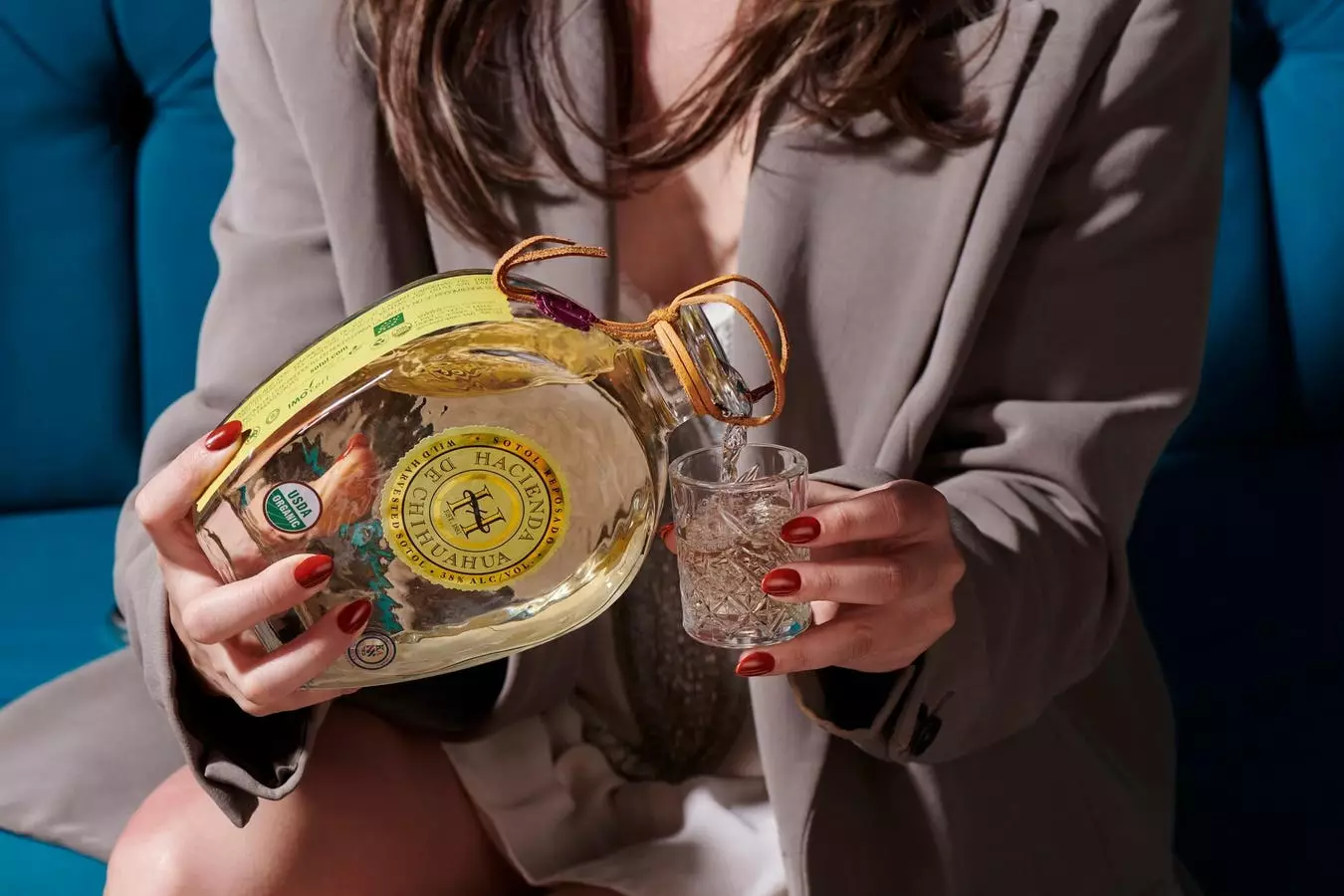The liquor industry, traditionally characterized by opulence and indulgence, is undergoing a transformative shift towards sustainability. As societal consciousness about environmental issues rises, more consumers are demanding deeper insights into their choices. The questions being posed have evolved from perfunctory inquiries about alcohol content or flavor profiles, to more profound inquiries regarding the origins of the ingredients, the methods of production, and the environmental and social ramifications of these processes. This trend isn’t merely a passing fad but rather an emerging zeitgeist that holds the potential to redefine how spirits are produced and marketed.
This new wave of consciousness is fueled by a generation of consumers who prioritize ethical consumption. They are increasingly inclined to support brands that practice transparency, adhere to sustainable farming, and utilize cleaner distillation techniques. As a response, producers are adapting, often adopting regenerative farming practices, reducing waste, and striving to minimize their carbon footprints. While certifications such as B Corporation status and organic labels lend credibility to these efforts, what resonates most with consumers is the authenticity and openness of the brand’s practices.
In this evolving landscape, various distilleries have emerged as pioneers of sustainable spirits. Among them is Hacienda de Chihuahua, a family-owned distillery that marries tradition with modernity in the production of Sotol, a lesser-known spirit derived from the wild Dasylirion plant. What sets Hacienda de Chihuahua apart is its dedication to sustainable harvesting, evidenced by its organic certification and innovative production techniques such as steam cooking and utilizing champagne yeast for fermentation. Its Reposado Sotol, matured in French oak, delivers complex flavors of caramel and vanilla interwoven with earthy notes—an embodiment of the rugged Chihuahuan Desert from which it hails.
On another front, Pollinator Spirits combines ecological mindfulness with local heritage. Founded in the Western Catskills, the brand takes inspiration from honeybees, a nod evident in its use of honey barrels for finishing its rye whiskey. This unique approach results in a harmonious blend of rye’s spice complemented by floral notes, creating a spirit that resonates with both flavor and purpose.
Scottish distilleries are also making significant strides in sustainable practices. Bruichladdich, for instance, is a B-Corp certified distillery striving to decarbonize its operations by 2025. Their ambition includes establishing local maltings for in-house production, thereby reducing transportation needs and waste. The result is a meticulous craft that showcases the essence of Islay Barley sourced from local farms, producing a single malt that exemplifies light sweetness and citrusy complexity.
The Arbikie Distillery goes even further with its Nàdar Gin, which stands as the world’s first climate-positive gin. Crafted from locally sourced peas, this innovative spirit incorporates botanicals like makrut lime and lemongrass, yielding a refreshing flavor profile that reflects immense respect for the environment. Such initiatives not only highlight sustainability but also illustrate how eco-conscious production methods can foster unique and delightful spirits.
As the sustainable spirit movement expands, so does the diversity of offerings. Mezcal Amarás, known for its craftsmanship, showcases an array of agave varieties with the Cupreata being a highlight. This lesser-known agave, harvested after a decade of growth, produces a mezcal with striking mineral-driven flavors and a spicy finish, accentuating the significance of terroir and traditional distillation techniques.
Nc’nean Distillery also exemplifies the shift towards sustainability with its Organic Single Malt Scotch Whisky. By utilizing 100% organic barley and renewable energy, Nc’nean drastically reduces its environmental footprint while maintaining a commitment to quality and innovation. The unpeated nature of this whisky reflects modern palates, blending citrus notes with a creamy finish that challenges conventions.
Lastly, Mezcal Tosba provides a potent reminder of the interconnectivity between sustainability and community. As a first-generation family-run distillery, it has revitalized local economies through mindful production practices. Their Espadín mezcal, with its vibrant citrus notes and delicate smoke, exemplifies how responsible production can nurture both the land and the people within it.
The sustainable spirits movement signifies a monumental shift not only in product offerings but also in consumer expectations. As more brands prioritize eco-friendly practices, the appeal of these spirits goes beyond mere taste; it becomes a badge of honor for producing and consuming responsibly. Whether it’s through innovative distillation methods, sustainable farming practices, or community-oriented production, the future of the liquor industry looks promisingly plush with possibilities. In celebrating the craft of sustainable spirits, consumers can enjoy their libations with the fortified understanding that they are also contributing positively to the planet and the communities that cultivate these exquisite offerings.


Leave a Reply